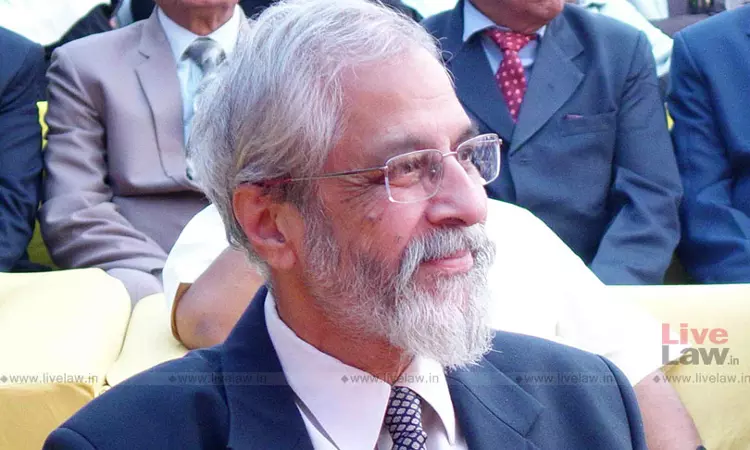Former Supreme Court Justice Madan B Lokur recently shared his insights on important ongoing issues at the Bhopal Literature and Art Festival. Justice Lokur spoke about the recent Chief Election Commissioner and Other Election Commissioners (Appointment, Conditions of Service and Term of Office) Act, 2023 (Act), Collegium system, delay by Central Government in appointing judges, and...

